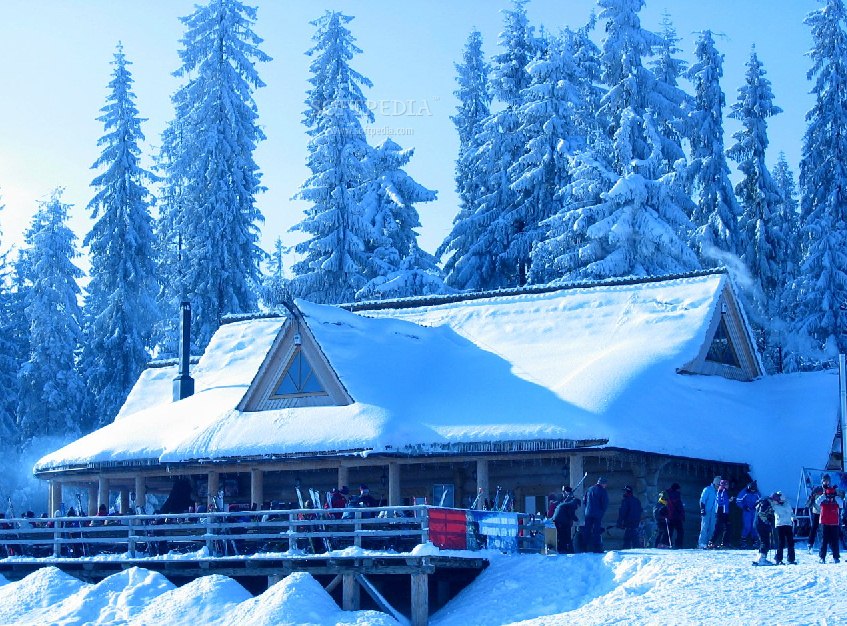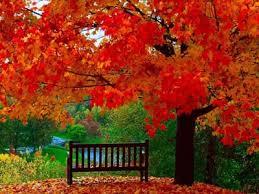Free Screen Savers Biography
Monitors running screensavers consume the same amount of power as when running normally, which can be anywhere from a few watts for small LCD monitors to several hundred for large plasma displays. Most modern computers can be set to switch the monitor into a lower power mode, blanking the screen altogether. A power-saving mode for monitors is usually part of the power management options supported in most modern operating systems, though it must also be supported by the computer hardware and monitor itself.
Additionally, using a screensaver with a flat panel or LCD screen instead of powering down the screen can actually reduce the lifetime of the display, since the fluorescent backlight remains lit and ages faster than it would if the screen was turned off completely. As fluorescent tubes age they grow progressively dimmer, and they can be expensive or difficult to replace. A typical LCD screen loses about 50% of its brightness during a normal product lifetime, if left on continuously. (In most cases, the tube is an integral part of the LCD and the entire assembly needs to be replaced.)
Thus the term "screen saver" is now something of a misnomer—the best way to save the screen (and also save electricity) would simply be to have the computer turn off the monitor.
Notice also that screensavers may utilize a significant amount of CPU time, increasing power consumption in the process.On older versions of Microsoft Windows the native screensaver format had the potential to install a virus when run (as a screen saver was just an ordinary application with a different extension). When any file with the file suffix ".scr" was opened, for example from an e-mail attachment, Windows would execute the .scr (screensaver) file automatically: this had the potential to allow a virus or malware to install itself. Modern versions of Windows can read tags left by applications such as Internet Explorer and verify the publisher of the file, presenting a confirmation to the user.
In addition, on August 5, 2006, the BBC reported that "free screensavers" and "screensavers" respectively were the first and third most likely search terms to return links to malware, the second being Bearshare.[3]








Monitors running screensavers consume the same amount of power as when running normally, which can be anywhere from a few watts for small LCD monitors to several hundred for large plasma displays. Most modern computers can be set to switch the monitor into a lower power mode, blanking the screen altogether. A power-saving mode for monitors is usually part of the power management options supported in most modern operating systems, though it must also be supported by the computer hardware and monitor itself.
Additionally, using a screensaver with a flat panel or LCD screen instead of powering down the screen can actually reduce the lifetime of the display, since the fluorescent backlight remains lit and ages faster than it would if the screen was turned off completely. As fluorescent tubes age they grow progressively dimmer, and they can be expensive or difficult to replace. A typical LCD screen loses about 50% of its brightness during a normal product lifetime, if left on continuously. (In most cases, the tube is an integral part of the LCD and the entire assembly needs to be replaced.)
Thus the term "screen saver" is now something of a misnomer—the best way to save the screen (and also save electricity) would simply be to have the computer turn off the monitor.
Notice also that screensavers may utilize a significant amount of CPU time, increasing power consumption in the process.On older versions of Microsoft Windows the native screensaver format had the potential to install a virus when run (as a screen saver was just an ordinary application with a different extension). When any file with the file suffix ".scr" was opened, for example from an e-mail attachment, Windows would execute the .scr (screensaver) file automatically: this had the potential to allow a virus or malware to install itself. Modern versions of Windows can read tags left by applications such as Internet Explorer and verify the publisher of the file, presenting a confirmation to the user.
In addition, on August 5, 2006, the BBC reported that "free screensavers" and "screensavers" respectively were the first and third most likely search terms to return links to malware, the second being Bearshare.[3]
Free Screen Savers

Free Screen Savers

Free Screen Savers

Free Screen Savers

Free Screen Savers

Free Screen Savers

Free Screen Savers
Free Screen Savers

Free Screen Savers
Spring With Bible Verses Free Screensavers
Free Screen Savers
Designs of Nature Free Screensavers
No comments:
Post a Comment